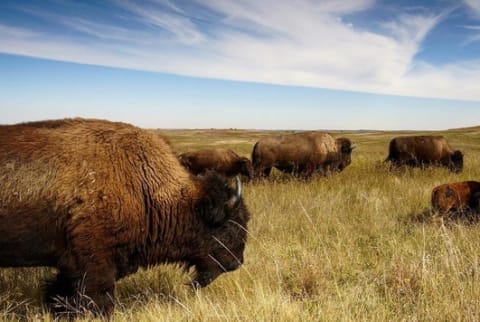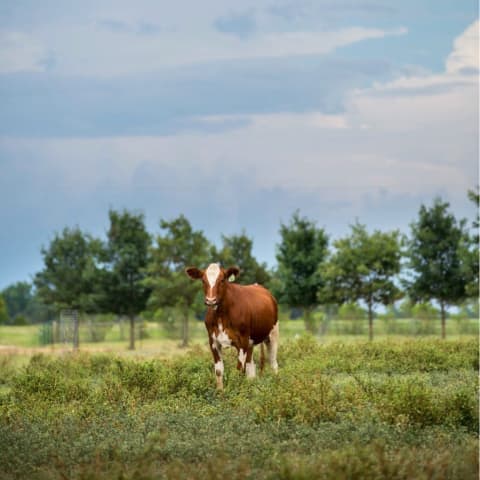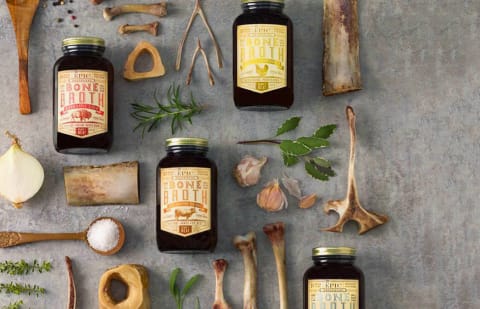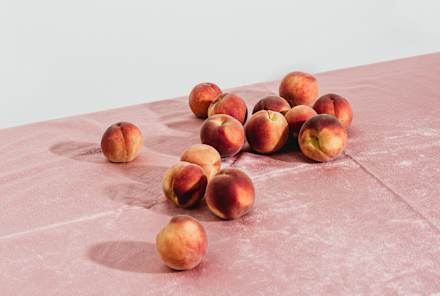Advertisement

You buy local produce whenever possible, you bike and walk instead of driving, and you even started composting. You do it for your health and your family’s. But the majority of even the most conscious consumers don’t know about the holistic farming technique that could change the world. (And no, that’s not hyperbole.)
The secret is regenerative farming, and it actually has the potential to undo the damage industrial farming has done to our environment. See, regenerative farming is predicated on the beliefs that animal welfare is paramount and that nature has provided everything necessary to cultivate healthy food. (Makes sense, right?)
Here's how it works.

Regenerative farming harnesses the natural power of large ruminants (ruminants are a specific type of mammal—cows, bison, sheep, and goats, for example, are ruminants) to ferment plants through special microbial action. The magical transformation that occurs in ruminants turns their manure into incredibly valuable fertilizer.
But that’s just step one! The next element of regenerative farming is natural soil aeration, which is provided by the hooves of the same ruminants who produce the magic manure. When working in tandem, the fertilizer and aeration stimulate the symbiotic biological elements of healthy grass and soil in ways no manmade tool ever could.
So, regenerative farming actually improves the soil, thus promoting thriving ecosystems that sequester carbon (meaning it pulls carbon from the atmosphere and helps minimize the loss of carbon stored in soil). And voila—we’re actually turning back the clock on global warming.
And you’re not just helping the planet when you go regenerative. More and more nutritionists are preaching the importance of more diverse agro-ecosystems. Plus, regenerative agriculture returns the soil to its natural state, lessening or removing the need to use chemical fertilizers, pesticides, or herbicides.
So...what can you do?

At this point, you may be wondering, what can you actually do to promote the use of regenerative farming? Well, it’s super-simple (and, bonus, it’s delicious): You can buy and eat regenerative meat.
When you’re out and about or have limited options, it’s great to ask a restaurant or food company if their meat is regenerative. But if you want to know for sure every time, just look to EPIC. The brand’s high-quality meat comes from ranches committed to regenerative agriculture and global grassland restoration efforts.
But it’s not just about what they’re doing—EPIC is the go-to source for the conscious consumer because of the transparency with which they approach every aspect of their business. Whether you’re new to the notion of conscious meat consumption or you’d just like to learn more about it, the EPIC Honesty Pledge has a library of sourcing standards and practices to make you feel informed and empowered. Welcome to the future of food.












